Macronutrients for runners
Last Updated:You might know your macros and I'm sure you have heard the word before. If so, you know how much carbs you are going to eat before your run and how much protein will follow after your workout, right? Awesome. But what about macronutrients for runners?
Macronutrients for runners: Boost your running performance
Macros are definitely important but don't get too focused on them. There is something out there that needs as much time focussing on. Macronutrients! Now you may think: "What exactly are macronutrients and what am I supposed to do with them?" Read this article and you will learn how to benefit from the right macronutrients for runners:Does vitamin D improve athletic performance?
Especially female runners know about vitamin D too well. So I would say that this micronutrient gets a lot of attention already but let's show the vitamin D a little bit more love. As an important part of the key macronutrients for runners vitamin D aids in calcium absorption and helps with maintaining bone strength, both of which are particularly important for women. Adequate Vitamin D intake is also associated with preventing diseases, like cancer, heart disease, and high blood pressure. Known as our sunshine vitamin for people who live in colder areas of the country or just have darker skin tones don't absorb enough of this essential vitamin. For a diet filled with vitamin D nutrients like mushrooms and eggs should provide you enough of this macronutrient for runners.Choline in distance running
Honestly most people have no idea what choline really is. 550 milligrams per day is required for us per day and more than 65 percent of the people haven't heard of this macronutrient called choline ever before. What does choline do for us? It is sending signals from the brain to working muscles, which makes it a vital nutrient for muscle function in runners. A well-balanced diet rich in lean meats, whole eggs, and green vegetables can help people get enough of this micronutrient. If your diet is lacking leafy greens or eggs, consider choline supplements or look for foods fortified with choline.Do runners need more calcium?
Sure, runners know about the importance of calcium in our diet. Regardless of age we should think about our calcium intake on a daily basis. Inside the body, calcium is most commonly found in bones and in the blood and it's a very important part of the key macronutrient for runners. Why it is so important to have an eye on the calcium level in our system? Well, the blood draws calcium out from the bones, weakens them in the process, if we don't eat enough calcium. Especially running beginners don't know that this leads to osteoporosis or stress fractures. According to the American College of Sports Medicine (ACSM), stress fractures account for 0.7 to 15.6 percent of all athletic injuries. I've been taking 1,000 mg per day since I started running from good calcium sources such as kale, broccoli, spinach, or soy products.How much potassium does an athlete need per day?
Runners tend to have a good heart. Those with a family history of heart disease should be very mindful of their intake of potassium on a regular basis. This macronutrient for runners is known for two things: lowering blood pressure and maintaining fluid balance. If you're looking for the right amount of potassium per day 3,500 mg per day is enough for you. Runners lose this electrolyte in sweat also, which means if we fail in replacing it after an intense workout, we get dehydrated. Our superfood bananas are high in potassium by the way. But also: sweet potatoes, pomegranate juice, beets, tomatoes, oranges, avocados, and brussels sprouts are all rich in potassium.Is sodium good for runners?
My coach always has an eye on my sodium because it has been linked to high blood pressure and heart disease. While I'm training for longer races I know that sodium is part of a healthy fueling routine though. Runners lose the main electrolyte in sweat (almost one gram of sodium per liter of sweat) and our cells do rely on sodium to maintain our fluid balance. Make sure that while hydrating, sodium is on your list as well. This can be through sports drinks or just a tip of salt in your water. Of course this doesn't give you the go-to eat an entire plate of french fries before each run through. With an average diet I recommend a sodium intake for runners with 2,300 mg per day. Read also: Key Supplements for Runners
Why you can trust Sabrina Wieser
Runningbrina is committed to bringing you unbiased ratings and information. Her editorial content is not influenced by advertisers. Sabrina uses data-driven methodologies to evaluate all products, so all brands are measured equally.
- Most featured running blog, past 6 years
- USATF certified running coach
- Experienced endurance athlete
- 7 marathons








